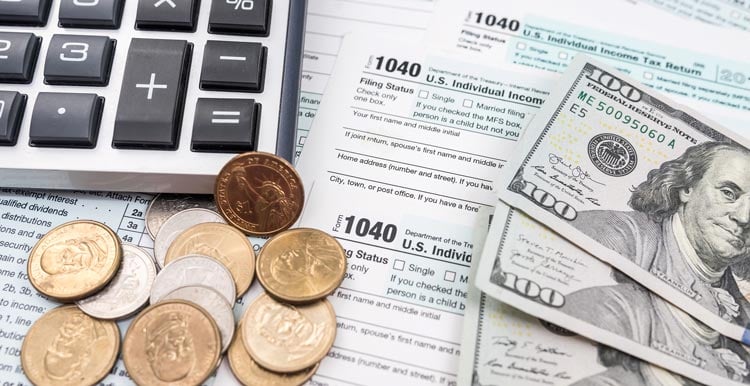Page 25 241 - 250 of 425
What is a Related Party Exchange?

As we’ve mentioned in numerous blogs, 1031 exchanges come with many rules and regulations. These include in-stone deadlines, the value of relinquished and replacement properties, and eligible properties.
How Does a 1034 Exchange Work?

Once upon a time, before the late 1990s, you could sell your personal residence for a profit. The issue, however, was that the capital gains on that sale might automatically trigger a taxable event in the form of capital gains taxes. Unlike today, those tax rates were high, averaging 28%.
What is the Only Safe Harbor for Reverse Exchanges?

Many 1031 exchanges – swapping one investment property for another in order to defer capital gains and depreciation recapture tax liabilities – are completed as forward exchanges where investors sell relinquished assets and close on replacement properties within 180 days.
Can You Amend Form 8824 For a 1031 Exchange?

One of the most important documents associated with completing a 1031 exchange is IRS Form 8824 for like-kind exchanges.
Does Section 1033 Apply to Personal Property?

Investors or homeowners who are required to give up their properties due to forced conversion from eminent domain, or if their property is destroyed and condemned following a natural disaster, can complete a 1033 exchange and fully defer any realized capital gains.
Does a 1031 Exchange Property Need to Be Income Producing?

The basic concept of a 1031 exchange is pretty straightforward. You “swap” one real estate property held for business or investment purposes into another “like-kind” property. When completed properly, the like-kind exchange can let you defer capital gains taxes on the sale of your original, or relinquished property.
Can You Do a 1031 Exchange on Raw Land?

Completing a 1031 exchange can be a complicated journey. There are many moving parts to the exchange process, as well as important deadlines that can’t be missed.
Can You Use a 1031 Exchange to Build an Investment Property?

1031 exchanges are tools that can enable real estate investors to defer the payment of capital gains taxes when they sell an investment property and reinvest the proceeds. However, if you complete a sale and purchase outside the auspices of a 1031 exchange, you will owe capital gains taxes on the difference between the adjusted basis and the sale price.
Is a 1031 Exchange an Arm's Length Transaction?

The Dictionary of Real Estate Appraisal defines an arm's length sale as "A transaction between unrelated parties who are each acting in his or her own best interest.” If there is a business or personal relationship between the seller and buyer, the transaction is not considered to take place "at arm's length." Instead, this sale is an example of a related party transaction.
What Qualifies for a 1033 Exchange?

Ben Franklin famously wrote that, “in this world, nothing is certain except death and taxes.” While not a certainty, it can be expected that something bad will happen in a part of the country in which you live or hold investment real estate. Tornados, mudslides, floods, wildfires, hurricanes, and other natural disasters have become common seasonal events.
Page 25 241 - 250 of 425


